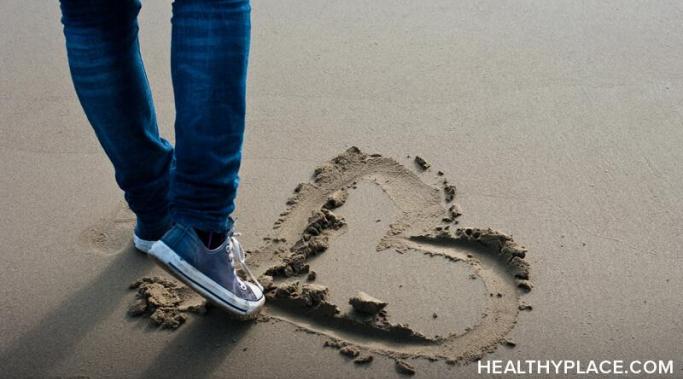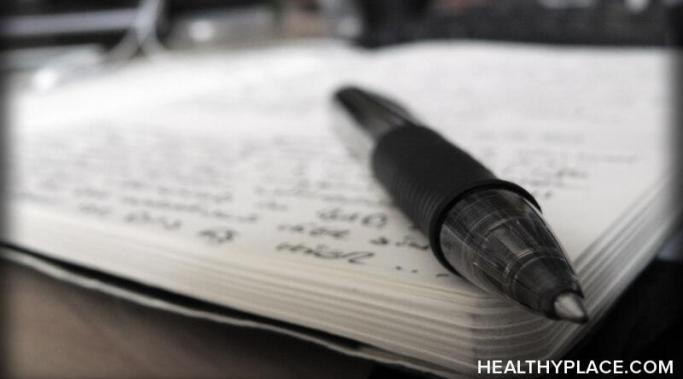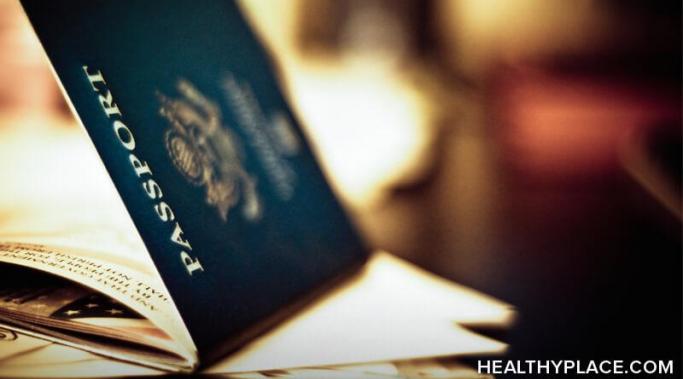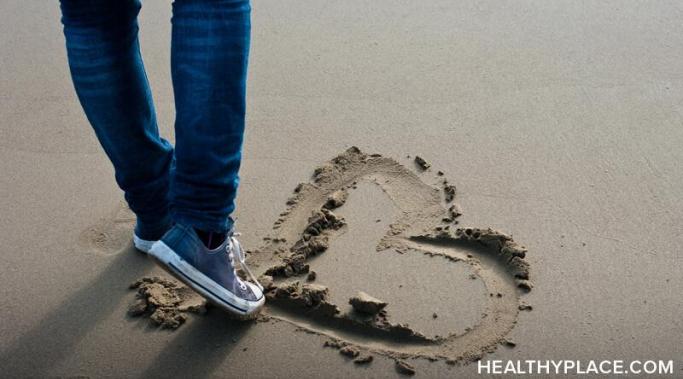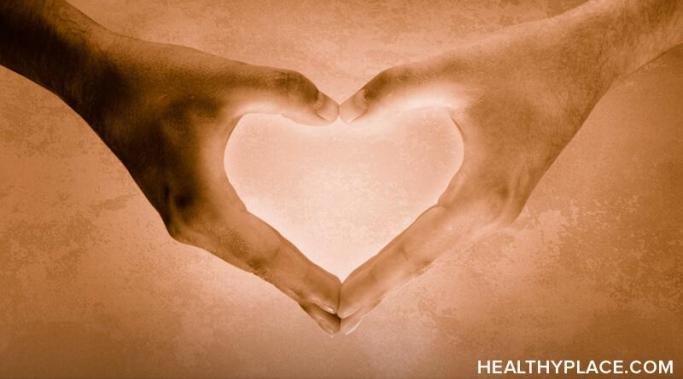I prefer the version of me without an eating disorder—honestly, I do. Just a few short years ago, I never thought I would be able to utter those words from a sincere, authentic place. But so much about a human can change and transform in recovery. I used to fear that I would not recognize myself in a healed state, that I would lose my sense of personhood in the absence of those compulsions and behaviors I identified with so strongly. This fear still creeps in sometimes, but now I can spot the distortion beneath it. These days, when I look in the mirror, it's deeper than recognition. I see the real me, not the masked, hollow pretense I once believed was me. It feels exposed and vulnerable, but it also feels right.
Family Relationships
As someone who has been a professional writer for almost 10 years (and a writing enthusiast for my whole life), I am a firm believer in journaling. Granted, I have not maintained a consistent journaling rhythm in the season where I find myself now. But when I commit to this self-care practice on a regular basis, I feel connected to my goals, priorities, and intentions for healing. Moreover, I am compelled to take meaningful, decisive actions that align with those priorities. So if you, like me, have fallen into a journaling rut over the past weeks or months, here are some journaling topics to refuel your motivation in eating disorder recovery.
When I operate within the framework of an eating disorder, my life orbits around fear. I am afraid of consuming three balanced meals. I am afraid of not being able to squeeze in enough exercise. I am afraid of the number staring back at me on a scale. I am afraid of seeing the calorie count on a nutrition label. I am even afraid of existing inside my own skin.
This might seem like a bold, hyperbolic claim, but it just so happens to be true: I have no regrets about my eating disorder. Of course, there are some behaviors I am not proud of, relationships I have worked fiercely to restore, and memories I still flinch at. But in terms of actual regret, I simply think it's a wasted emotion. While I have absolutely no desire to relive those 15 years of battling anorexia, this formative chapter in my life transformed me into who I am right now—a person for whom I feel genuine love and respect. So if you'll indulge me for a few minutes, I will unpack why I have no regrets about my eating disorder.
I just returned from a two-week trip overseas to England, Scotland, and Ireland. I love to explore the beauty of this earth and immerse myself in all kinds of unique cultures, but if I am not careful, traveling will often coax my eating disorder back to the surface. While I do have quite an adventurous streak, I also tend to feel anxious when I deviate from my normal routine, which can open the door for a certain uninvited guest—otherwise known as my eating disorder—to hitch a ride on the trip. However, since I am not about to stop traveling, here are a few strategies I use in order to ensure this pesky eating disorder will not ruin my vacation.
Disclosing an eating disorder can be uncomfortable—even downright scary. In fact, research shows the prevalence of those who suffer from eating disorders is vastly underrepresented. A 2019 estimate from the Global Burden of Diseases reveals that as many as 41.9 million eating disorder cases were unreported over the course of just one year.
I am an identical twin. For most of my childhood, I was viewed as one-half of a package deal. In fact, my sister and I resemble each other so strongly that, as small children, my mom painted our toenails two contrasting colors just to tell us apart. We were known as The Twins, a source of fascination to those around us. I rarely encountered other sets of identical twins in those formative years—until my first experience at a residential eating disorder treatment facility. Twins were not uncommon there, which has me wondering: Is there a connection between eating disorders and twin dynamics?
When you enter the process of eating disorder recovery, one of the most intrusive—not to mention, persuasive—lies you might have to wrestle with is the belief that you're a burden. The combination of shame and stigma, which often underpins an eating disorder and many other forms of mental illness, can leave you feeling like just too much for those around you to tolerate. But as difficult as it can be to tune out this message, don't listen to the eating disorder voice: You are not a burden. In fact, you are worth claiming space in this world.
As much as I would rather overlook this step in the healing process, I cannot deny that self-forgiveness is a powerful tool in eating disorder recovery. It pains me right down to my core when I remember just how much I hurt both myself and those I love most in that dark, miserable season of life when my eating disorder had all the control. I take no pleasure in those memories, but I need to forgive myself for them nonetheless.
Thanksgiving is not my favorite holiday—not even close, in fact. As someone who was raised in a large, boisterous, Italian American family, I understand the importance of seasonal traditions, quality time with loved ones, and communal expressions of gratitude. But as someone who is also in eating disorder (ED) recovery, the overt emphasis on food this time of year can still cause ripples of anxiety to surface. So, as another holiday season rounds the corner, I want to share with you a list of ED recovery affirmations to remember on Thanksgiving. I often repeat them to myself when I feel overwhelmed or anxious during the festivities, and I hope these affirmations calm and re-center you as well.
